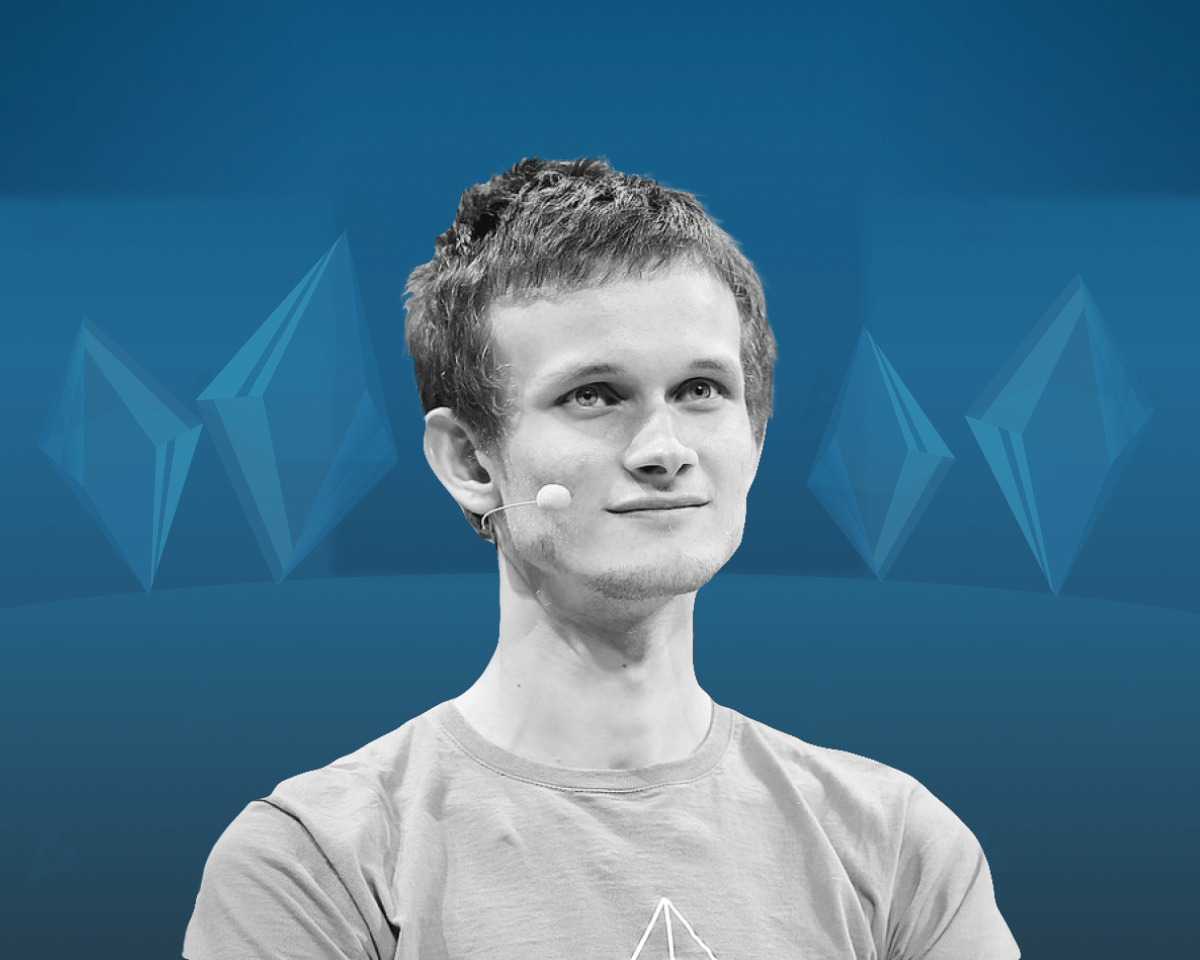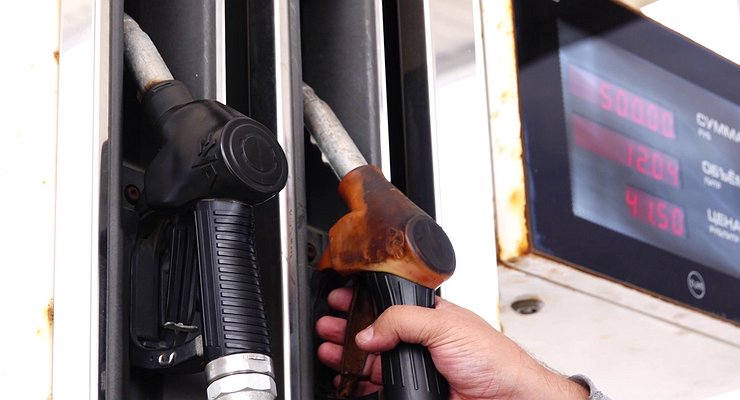Issuers of centralized stablecoins such as Tether (USDT) and USD Coin (USDC) will be able to determine which of the chains created as part of controversial hard forks will be accepted by the community. As Cointelegraph reports, this was stated by Ethereum co-founder Vitalik Buterin at the BUIDL Asia conference.
“You will have two separate networks […]and then there are exchanges, oracle providers, stablecoin providers who decide which they respect. […] In essence, the USDC issuer’s decision as to which Ethereum chain is considered legitimate could be an important factor in future contentious hard forks.”
According to him, there is “no indication” that such disputes will become an issue once the Ethereum network switches to the Proof-of-Stake (PoS) consensus algorithm. Buterin noted that in the next five to ten years, the blockchain of the second largest cryptocurrency by capitalization will face controversial hard forks – this is when stablecoin providers can have a major impact.
As a possible countermeasure against centralized players, he proposed to “encourage” the use of decentralized assets such as MakerDAO’s DAI.
Cryptocurrency exchange Poloniex has previously stated that it will support potential Ethereum forks in its Proof-of-Work (PoW) algorithm after the mainnet merger with Beacon Chain, scheduled for September 2022.
Recall that the Frax Finance team, by contrast, suggested that the community refused to launch the FRAX algorithmic stablecoin on potential Ethereum PoW side branches.
Read ForkLog bitcoin news in our Telegram – cryptocurrency news, courses and analysis.
Source: Fork Log
I’m Sandra Torres, a passionate journalist and content creator. My specialty lies in covering the latest gadgets, trends and tech news for Div Bracket. With over 5 years of experience as a professional writer, I have built up an impressive portfolio of published works that showcase my expertise in this field.












